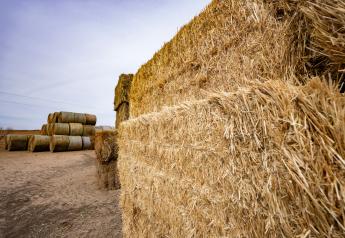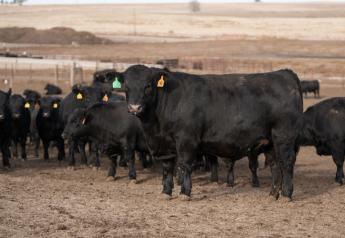Feeding Cows Seaweed Could Reduce Cattle Methane Emissions By 82%
AgDay Minute 031821
Is seaweed the answer in helping reduce greenhouse gas emissions from cattle? New research from the University of California, Davis found injecting seaweed into beef cattle’s diets could reduce methane emissions by as much as 82%.
The UC Davis research shows adding just a bit of seaweed in cattle feed could have a dramatic impact.
“We now have sound evidence that seaweed in cattle diet is effective at reducing greenhouse gases and that the efficacy does not diminish over time,” says Ermias Kebreab, professor and Sesnon Endowed Chair of the Department of Animal Science.
Kebreab conducted the study along with his Ph.D. graduate student Breanna Roque. The researchers conducted the study over a five-month period. Both Kebreab and Roque added scant amounts of seaweed to the diet of 21 beef cattle. Then the pair tracked their weight gain and methane emissions.
Feeding cows seaweed could cut their methane emissions by 82%, scientists say @ErmiasKebreab | The Guardian https://t.co/XR17xmnsXG — Frank Mitloehner (@GHGGuru) March 18, 2021
The research, which was published the journal PLOS ONE, showed cattle that consumed doses of 3 ounces of seaweed not only gained as much weight as the other cattle but burped 82% less methane into the atmosphere.
“This could help farmers sustainably produce the beef and dairy products we need to feed the world,” Roque says.
Read more on the UC Davis researchers’ new findings.







